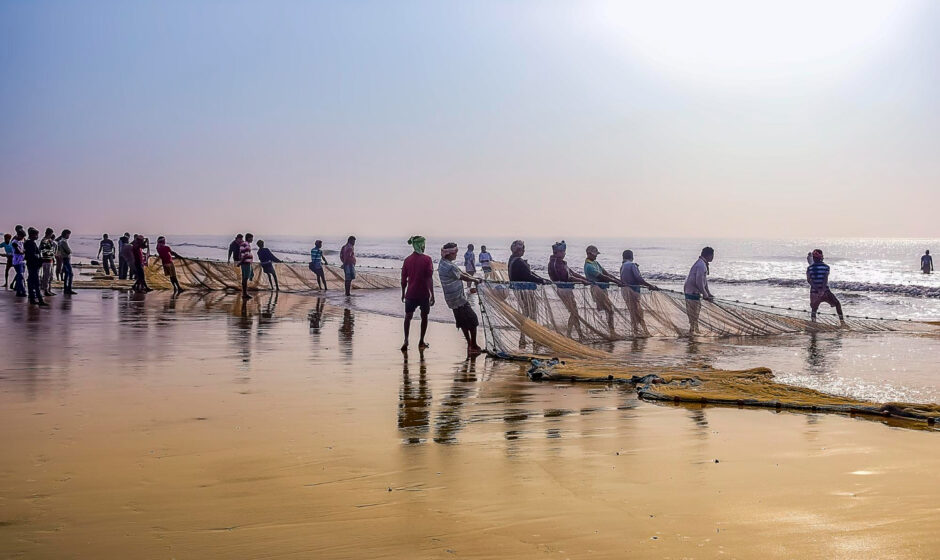On World Fisheries Day, November 21, 2024, the Indian government launched an ambitious set of initiatives aimed at revolutionizing the marine and inland aquaculture sectors. Spearheaded by Union Minister for Fisheries Rajiv Ranjan Singh, these projects are set to bolster India’s blue economy and ensure sustainable fisheries management.
The Marine Fisheries Census 2025: A Digital Leap Forward
A cornerstone of these initiatives is the fifth Marine Fisheries Census 2025. For the first time, the census will be fully digital, utilizing mobile apps and virtual servers to enhance efficiency. This technological advancement promises to accelerate data collection and processing by 80%, enabling the completion of the census within 45 days with the help of 3,500 staff members.
The census will cover 1.2 million households along India’s extensive coastline, stretching from Lakhpat in Gujarat to North 24 Parganas in West Bengal, and from Bitra Island in Lakshadweep to Campbell Bay in the Andaman & Nicobar Islands. It will gather comprehensive data on household sizes, socio-economic status, and the extent of fisherfolk engagement, providing critical insights into the sector.
A Comprehensive Approach to Sustainable Fisheries
In addition to the census, the government launched the ‘National Plan of Action on Sharks’ to promote sustainable shark management. This plan aims to improve data collection, increase resource allocation, and enhance coordination among maritime state departments. It also focuses on building capacity in species identification and habitat mapping, leveraging the traditional knowledge of fishermen to aid conservation efforts. This initiative aligns with the International Plan of Action for Sharks adopted by the FAO in 1999.
Regional and Global Cooperation
India reaffirmed its commitment to combating illegal, unreported, and unregulated (IUU) fishing through the endorsement of the Regional Plan of Action on IUU Fishing. This initiative is a collaborative effort with neighboring countries Sri Lanka, Bangladesh, and the Maldives to preserve the Bay of Bengal’s marine resources.
The International Maritime Organization-Food and Agricultural Organization GloLitter Partnership Project was also announced, targeting the reduction of marine plastic litter. This is complemented by the launch of Standard Operating Procedures for retrofitted LPG kits, aiming to promote energy-efficient and cost-effective marine fishing fuels.
Streamlining Aquaculture and Sustainability Initiatives
A new Single Window System by the Coastal Aquaculture Authority was introduced to facilitate online registration of coastal aquaculture farms, streamlining administrative processes for farmers. A Memorandum of Understanding was also signed to initiate a framework for the Voluntary Carbon Market, which will harness carbon-sequestering practices in the aquaculture sector.
Paving the Way for a Sustainable Future
These initiatives underscore India’s commitment to advancing its fisheries and aquaculture sectors through innovative technology and sustainable practices. By prioritizing data-driven decision-making, fostering regional cooperation, and promoting environmental stewardship, India is setting a robust foundation for the future of its blue economy. As these projects unfold, they promise not only to enhance the livelihoods of millions of fisherfolk but also to preserve the country’s rich marine biodiversity for generations to come.

